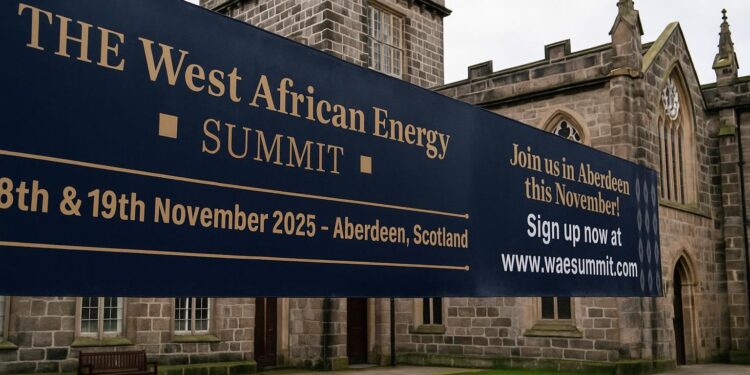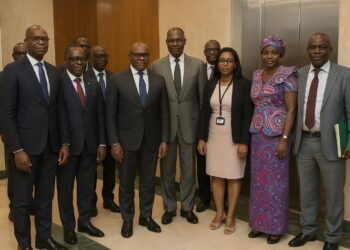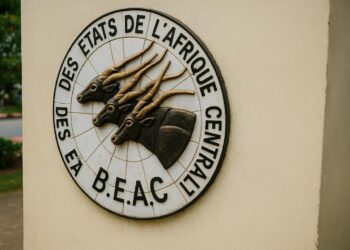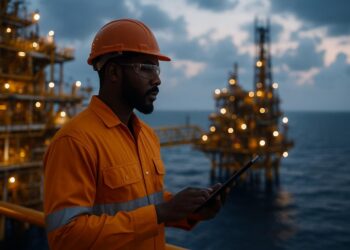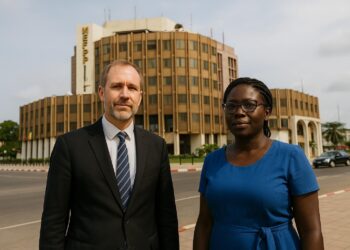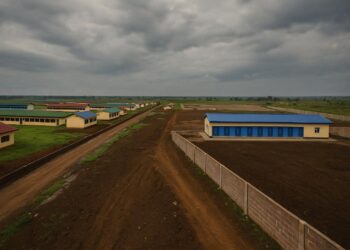Aberdeen Summit Targets African Hydrocarbons
On 18-19 November 2025, Aberdeen will host the Wider Africa Energy Summit, a forum designed to plug Europe’s upstream know-how into Africa’s fast-moving oil and gas marketplace (OGV Group).
Co-organised by the African Energy Chamber and six industry bodies, the summit offers deal-making rooms, data briefings and networking aimed at accelerating field development from Senegal’s deepwater to Mozambique’s LNG corridors.
For European service firms battling mature North Sea decline, the chance to align with African operators could extend order books, boost utilisation rates and diversify geopolitical exposure.
Major Operators Sharpen Exploration Strategies
Shell, fresh from the Graff discovery offshore Namibia, confirms attendance and will preview a 2026 campaign on PEL 39 while highlighting the HI gas sanction in Nigeria that unlocks 350 mcf/d (Shell release).
bp plans to update investors on Greater Tortue Ahmeyim first-gas, commercial since July 2025, and outline parameters for phase two as well as next steps on Mozambique’s Rovuma LNG (bp statement).
Harbour Energy, producing 450,000 barrels per day globally, will showcase brownfield gas optimisation across Algeria, Libya and Egypt, positioning itself as a nimble partner for host governments seeking quick revenue uplift (Harbour Energy brief).
Canadian Natural Resources and Serica Energy, though lighter on African acreage, will scan for farm-in prospects, signalling that midsized independents still see room for disciplined growth on the continent.
Service Providers Bring Digital Efficiency
NOV intends to pitch real-time drilling automation, a suite already deployed from Ghana to the Republic of Congo, arguing that digital twins can shave days off well construction and cut emissions intensity (NOV presentation).
Oceaneering recently renewed an inspection contract covering multiple West African assets; its team will detail how remote ROV operations reduce offshore headcount without compromising integrity (Oceaneering release).
Expro’s executives are expected to outline integrated well services that bundle construction, flow optimisation and eventual decommissioning under outcome-based pricing, an approach pilot-tested in Angola and Kenya (Expro briefing).
Modec will argue that modular floating production units, now on order for Côte d’Ivoire and Senegal, can unlock marginal reservoirs while meeting tightening carbon benchmarks through all-electric topsides (Modec factsheet).
Spotlight on Congo-Brazzaville Prospects
Although not yet a mega-producer, the Republic of Congo holds untapped offshore gas that aligns with Europe’s search for lower-carbon molecules.
ENI’s Marine XII phase two, the Djeno LNG concept and the Congo LNG partnership signed in 2023 collectively point to rising service demand after 2025, a trend WAES delegates are watching closely (African Energy Chamber).
Government representatives are expected to outline fiscal tweaks that preserve competitiveness while supporting President Denis Sassou Nguesso’s agenda of industrial diversification and energy transition, a narrative likely to reassure international capital.
Financing and Policy Signals for Investors
Panelists from the UK Export Finance agency and African multilateral banks will debate blended finance structures that de-risk frontier drilling without over-leveraging host states.
The African Continental Free Trade Area secretariat will highlight tariff simplification and local-content guidelines, framing them as catalysts for cross-border service mobility and spare-parts logistics.
Legal experts will unpack stabilization clauses embedded in production-sharing contracts, noting that predictable tax treatment remains pivotal for final investment decisions across both oil and gas basins.
Timelines and Next Steps before 2025
Registrations open in January 2025, with early-bird discounts for operators committing to one-to-one deal rooms.
OGV Group plans regional roadshows in Accra, Lagos and Pointe-Noire to refine the agenda and source case studies that mirror on-the-ground realities (OGV roadmap).
A post-summit report detailing signed memoranda, investment pledges and policy announcements will be circulated to attendees and paid subscribers in December 2025, enabling follow-up capital deployment.
Market Outlook to 2030
S&P Global forecasts African crude supply to rebound from 6.8 mbpd in 2024 to 7.5 mbpd by 2030, driven largely by deepwater tie-backs in Angola, Nigeria and Namibia (S&P Global). WAES sessions will probe whether bottlenecks or financing gaps could temper that projection.
Gas prospects appear even stronger: the African Energy Chamber expects regional LNG export capacity to hit 120 mtpa within the decade, equivalent to Qatar’s 2020 output, with Mozambique, Mauritania and Congo-Brazzaville supplying the bulk (AEC outlook).
Consultants at Rystad Energy will present scenarios showing that digital well-planning could lower average deepwater breakevens from USD 45 to USD 35 per barrel, potentially unlocking 60 never-developed prospects across West Africa.
However, speakers will caution that project sanction pace hinges on regulatory clarity, secure maritime corridors and sustained demand for transitional fuels amid accelerating renewable deployments in Europe and Asia (industry consensus).
Frequently Asked Investor Questions
Will ESG pressures derail hydrocarbons? Panelists argue that Africa’s relatively low-carbon intensity and critical development needs justify continued investment, especially where associated-gas utilisation and flare reduction are embedded in project design.
How quickly can deals close? Organisers note that WAES offers pre-arranged 90-minute negotiation slots and virtual data rooms, enabling indicative terms to be exchanged on-site, with due diligence and final approval typically wrapped up within six to nine months.

































